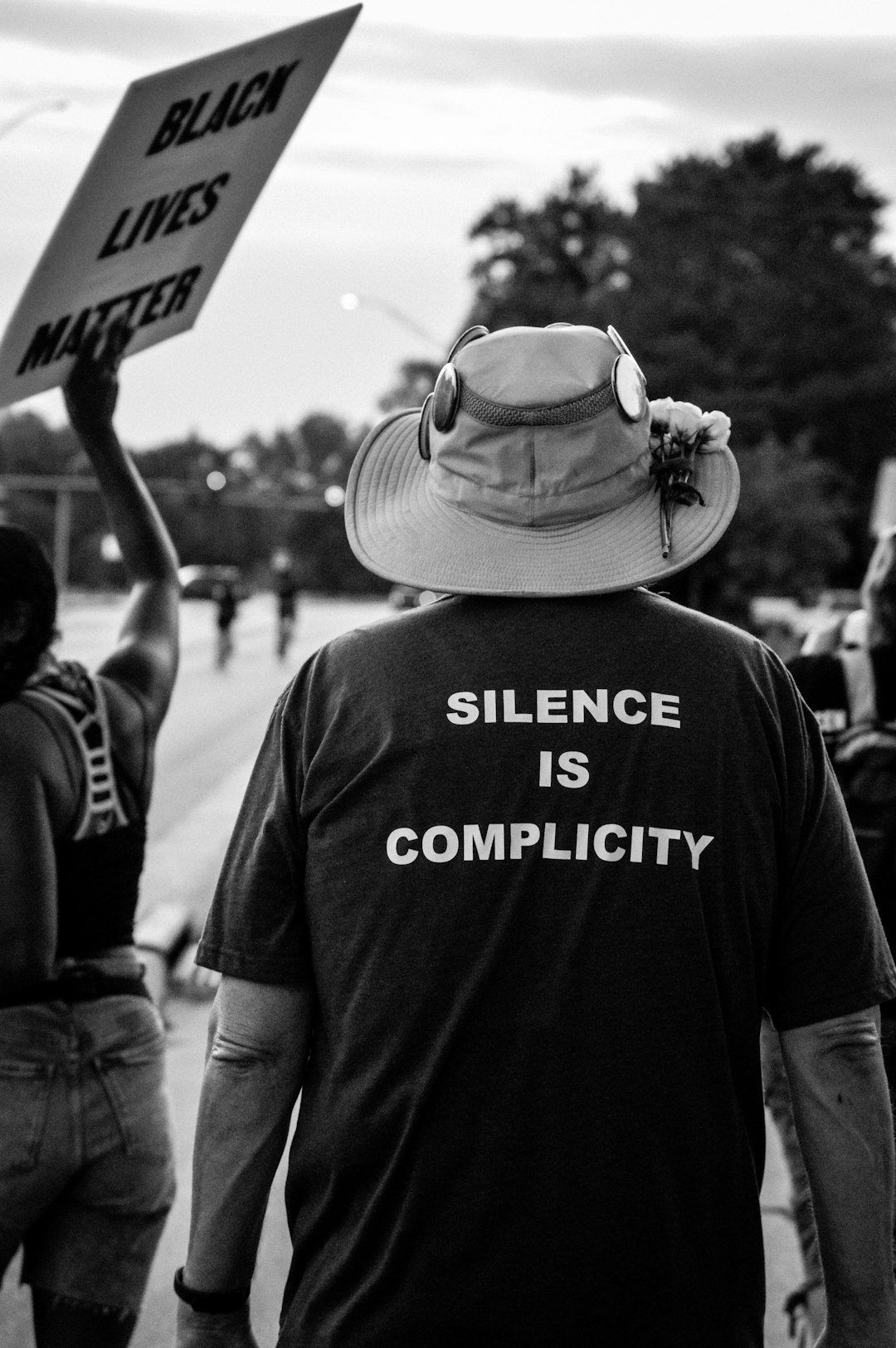In Nebraska, text message marketing is heavily regulated to prevent spam and protect consumers. Retailers must secure explicit customer consent before sending promotional texts, facing penalties for non-compliance with strict guidelines set by state laws. Engaging a Spam Text Lawyer Nebraska is crucial for navigating these regulations, which include obtaining opt-in permission, providing opt-out options, and delivering valuable content to avoid being classified as spam. Businesses must prioritize consent management and personalization to comply with anti-spam laws, thereby mitigating legal risks.
The retail industry’s text message marketing strategies must adhere to strict guidelines, especially in Nebraska. This comprehensive guide explores the legal framework surrounding text messaging for businesses in the state, focusing on compliance and consumer protection. We delve into Nebraska’s text message marketing laws, including permitted uses for retailers, opt-in requirements, and consent management. By following best practices, businesses can avoid costly spam text lawsuits and build successful marketing campaigns that respect consumer rights.
Understanding Nebraska's Text Message Marketing Laws

In Nebraska, text message marketing is subject to specific legal guidelines designed to protect consumers from unwanted or deceptive messaging. Understanding these laws is crucial for retailers looking to engage with customers via text. The state has stringent rules in place to prevent what’s commonly referred to as “spam text messages,” ensuring that businesses operate ethically and respectfully towards their clients.
Retailers must obtain explicit consent from customers before sending promotional texts, and there are strict penalties for those who violate this rule. Nebraska law also dictates the content and timing of these messages, placing restrictions on certain types of marketing strategies. Working with a spam text lawyer in Nebraska can help retailers navigate these regulations, ensuring their text message campaigns adhere to state laws and avoid potential legal issues.
Permitted Uses of Text Messages in Retail

In Nebraska, text message marketing can be a powerful tool for retailers to connect with their customers. However, it’s crucial to understand and adhere to strict guidelines to avoid becoming a target for spam text lawyer Nebraska. Permitted uses include sending transactional messages, such as order confirmations, shipping updates, and account-related alerts, which are essential for providing customers with real-time information about their purchases.
Retailers can also use text messages for marketing purposes, but only if customers have provided explicit consent. This includes promotions, discounts, and personalized offers tailored to individual customer preferences. Compliance involves obtaining opt-in consent, maintaining a simple opt-out mechanism, and ensuring that the content remains relevant and valuable to avoid being labeled as spam by Nebraska’s stringent regulations.
Opt-In Requirements and Consent Management

In Nebraska, businesses engaging in text message marketing must adhere to strict opt-in requirements and consent management practices to avoid being deemed spam by a Spam Text Lawyer Nebraska. Consumers must explicitly consent to receiving promotional texts, typically through an opt-in form or clear indication during a transaction. This consent should be freely given, specific, informed, and unambiguous. Businesses should keep detailed records of this consent process for easy verification.
Effective consent management involves providing consumers with an easy way to opt-out of future communications. This can be done by including a simple opt-out link or code in each text message, allowing subscribers to quickly remove themselves from marketing lists. Regularly reviewing and updating subscriber data to ensure only active and consenting contacts remain on the list is essential to maintain compliance and avoid potential legal issues with Spam Text Lawyers Nebraska.
Best Practices to Avoid Spam Text Lawsuits in Nebraska

To avoid spam text lawsuits in Nebraska, retailers must adhere to strict best practices when engaging in text message marketing. First and foremost, obtaining explicit consent from customers is paramount. Retailers should implement clear opt-in mechanisms during customer sign-up processes, ensuring that individuals actively agree to receive promotional texts. This reduces the risk of unsolicited messages being perceived as spam.
Additionally, personalization and relevance are key. Messages should be tailored to individual customer preferences and purchasing histories. Using dynamic content and segmenting contact lists helps avoid generic, bulk communications that could trigger anti-spam laws. Regularly reviewing and updating consent management systems is also crucial, allowing customers to easily opt-out or update their communication preferences at any time. Employing these best practices can help retailers navigate Nebraska’s regulations effectively and minimize legal risks associated with spam text lawyer cases.






